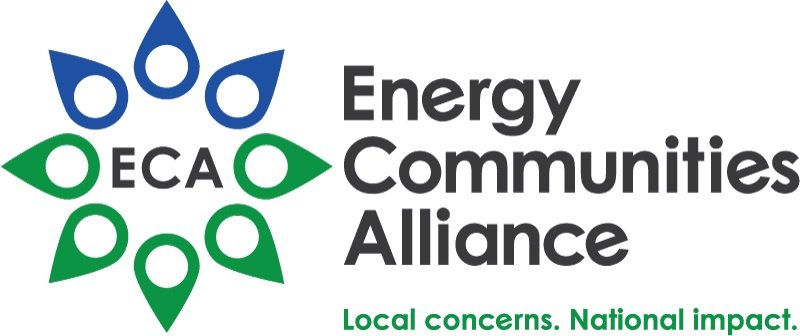ECA tells DOE that communities support cleanup of waste based on actual risk rather than artificial policy standards
This week, the Energy Communities Alliance submitted public comments supporting the Department of Energy’s (DOE) most recent step forward to evaluate its proposed high-level waste interpretation through the Draft Environmental Assessment for the Commercial Disposal of Defense Waste Processing Facility Recycle Wastewater from the Savannah River Site (Draft EA).
ECA supports the release of DOE's Draft Environmental Assessment for the Commercial Disposal of Defense Waste Processing Facility Recycle Wastewater from the Savannah River Site (Draft EA) as another step forward in considering safe, risk-based alternative disposal paths for waste based on actual radiological characteristics and risk to human health arising from the waste, rather than artificial former policy standards that base waste classification on origin. ECA offered the following comments and recommendations to the Department on the Draft EA:
ECA strongly supports disposal of the wastewater at licensed, commercial facilities. ECA believes there is an important role for private companies, such as Waste Control Specialists or EnergySolutions, in supporting DOE efforts to complete the EM cleanup mission.
ECA is concerned that DOE does not provide estimated timelines or schedules for any of the three alternatives considered. While the projected amount of time and number of shipments related to each is broadly outlined, understanding when a campaign could begin can help build transparency, support and trust. DOE should provide more information on transportation issues to highlight the exemplary safety record of nuclear waste shipments across the complex.
DOE should begin discussions of waste movement and form (liquid or solid), emergency planning, the proven safety of shipping canisters and provide information regarding notifications for state and local officials. This outreach should begin sooner rather than later to ensure robust public participation and to build support. Finally, any analysis regarding transportation should be included in the final Environmental Assessment.
As DOE considers next steps, ECA again requests that DOE complete and release an evaluation of the feasibility, costs, and cost savings of the proposed HLW interpretation (such as outlined in Section 3139 of the National Defense Authorization Act for Fiscal Year 2018). To build support, it is crucial that impacted communities, states and decision-makers see the analysis of the potential impact on cleanup. Only then can the intended and unintended consequences be understood.
ECA also commended DOE for hosting two public briefings quickly following the release of the EA, one close to the Savannah River Site and one readily accessible to stakeholders across the DOE complex. ECA will continue to advocate for transparency and meaningful engagement with host communities, state regulators, Tribes and the broader public in the decision-making process.
See ECA’s complete comments here.

